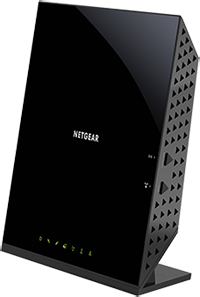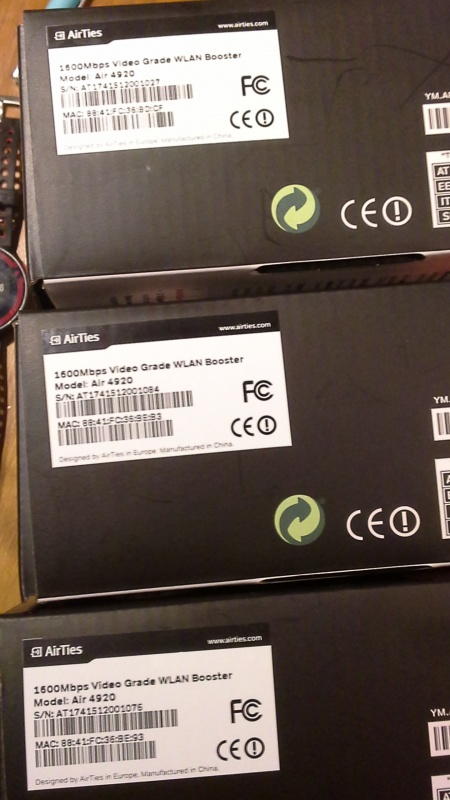- Affordable Cnc Machines For Woodworking
- Router For Mac Computer
- Router Mac Address Netgear
- Router For Macos High Sierra
- Best Wifi Router For Mac
- Best Apple Wireless Router
NETGEAR Orbi Whole Home Tri-Band Mesh Wi-Fi Router with Built-in Cable Modem (1-Pack) - Next Gallery Image NETGEAR Orbi Whole Home Tri-Band Mesh Wi-Fi Router with Built-in Cable Modem (1-Pack) $259.95.
Best Wireless Routers for Mac. Compatibility with Mac and its hardware specifications and OS, is an essential prerequisite for any wireless router that you choose. The routers listed below are not exactly the best in the market, but they work best with Macs. Every wireless router supports at least one frequency band, but these days dual- and tri-band routers are much more common, and you'll almost never find a Wi-Fi 5 802.11ac router that doesn't at least offer dual-band support. Single-band routers typically use the 2.4GHz band, which is significantly slower than the newer 5GHz band. MAC Filtering ASUS Router. If it talks on your network, wireless networks included, it has a unique MAC address that never changes. On an ASUS router, you have two options for using MAC filtering.
Affordable Cnc Machines For Woodworking
Audio Transcript

WiFi is everywhere, from hotels to cafés and lots of people use wireless networks at home. You can connect your Mac to a WiFi network using AirPort, which is Apple’s wireless networking gear.
If you’re setting up the network at home, you need to configure the AirPort base station. So, just connect an Ethernet cable from your broadband modem to the base station, then connect your base station to your computers Ethernet port.
Plug in the base stations power cable and wait for the solid light to turn green.
Now on your Mac, open the applications folder. Then select the utilities sub folder. Double click the AirPort utility icon. You should see the AirPort base station on the left, in which case, click it and choose the continue button. If the station is not listed, choose, set up a new AirPort base station and click continue.
On the next screen, enter a password for the base station. Make sure you write this password down and keep this somewhere safe, because you’ll need it again if you want to change the base station settings and click continue.
Now decide whether you want to create a new wireless network or connect the base station to an existing wireless network. In this case, we’re creating a new network, so click the continue button. If you’re adding the base station to an existing network, make the wireless network name the same as for the rest of the network. Click continue again and choose a security format. WPA is your safest bet, but some older computers will only support WEP. Use the highest level of security supported by your equipment. And now you guessed it, click continue.
Okay, you’re getting close. On the next screen, decide whether you’re connecting the AirPort base station to a router or a modem, then click continue. Then choose how to connect to the internet. Most people use DHCP and choose continue again. And finally, verify all the set up details and click the magic button to update. At this point the base station restarts and once it’s done, you see a congratulations screen. The set up is complete when you choose quit.
And once you’ve set up your base station and created your wireless network, you can connect via WiFi. All you need is the name of the network and the password.
This is a great way to free you up from your cables and allows you the flexibility to work or play on your WiFi compatible computer wherever you want.
Use Wi-Fi

Learn how to connect to an open, secure, or hidden Wi-Fi network. You can also create a new Wi-Fi network.
Connect to a Wi-Fi network
Click in the menu bar, then choose a network. If Wi-Fi is off, click , then select Turn Wi-Fi On.*
Router For Mac Computer

If you connect to a public Wi-Fi network, a window might appear with terms and conditions you're asked to agree to before you can connect.
Connect to a secure Wi-Fi network
Secure Wi-Fi networks are password-protected and have by their names.
- Click in the menu bar. If Wi-Fi is off, click , then choose Turn Wi-Fi On.*
- Choose a network.
- Enter the password, then click Join. If you don't know the password to the Wi-Fi network, contact the network administrator.
Router Mac Address Netgear
Connect to a hidden network
- Click in the menu bar. If Wi-Fi is off, choose , then choose Turn Wi-Fi On.*
- Choose Join Other Network.
- Enter the network name. Make sure you enter the network name correctly.
- If the network is secure, choose the Security type, then enter the password.
- Click Join.
Learn what to do if you can't connect to a hidden network.
Create a Wi-Fi network
If you have Internet service at your location, you can connect an AirPort base station or a third-party router to your modem to create a Wi-Fi network. Use the setup guide for your AirPort base station, or check your third-party router's manual for help.
* If you don't see the Wi-Fi icon in the menu bar, you can add it back. Choose Apple () menu > System Preferences, click Network, click Wi-Fi, then select 'Show Wi-Fi status in menu bar'.

Use Personal Hotspot
/sns-141477044-57d9c78b3df78c9ccebab9f6.jpg)
With most carrier plans, you can share the cellular data connection of your iPhone or iPad (Wi-Fi + Cellular) with your Mac.
Learn how to set up Personal Hotspot.
Use Ethernet
To connect to the Internet over a wired connection, connect an Ethernet cable between your router or modem and the Ethernet port on your Mac.
Router For Macos High Sierra
Some Macs require an Ethernet adapter like the Belkin USB-C to Gigabit Ethernet Adapter, or the Apple Thunderbolt to Gigabit Ethernet Adapter.
Best Wifi Router For Mac
Learn more
Best Apple Wireless Router
- Use recommended settings for Wi-Fi routers and access points.
